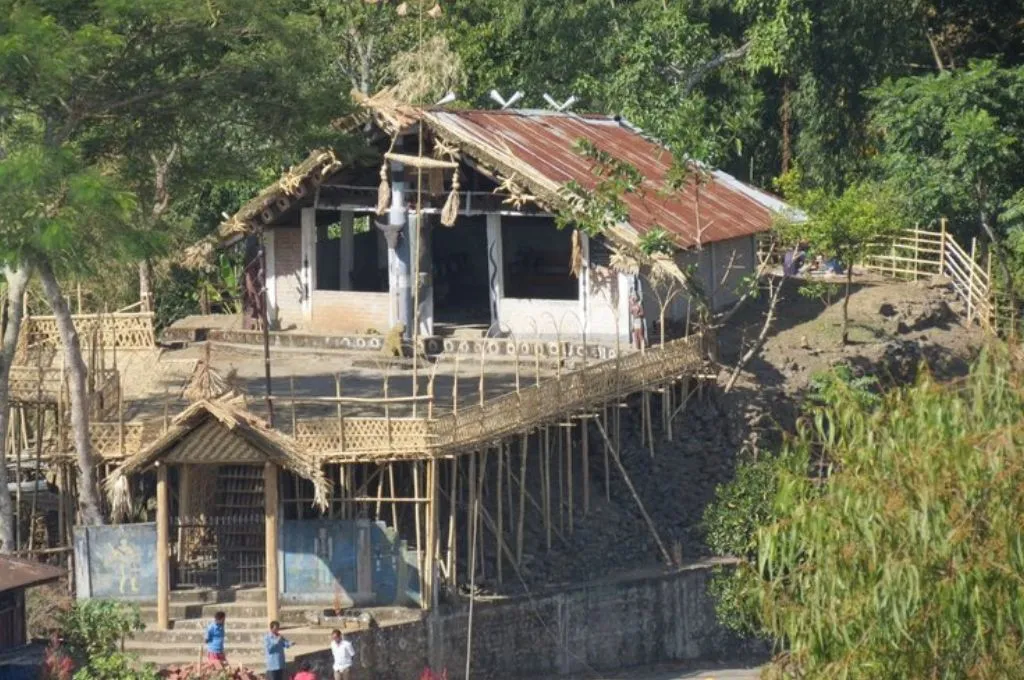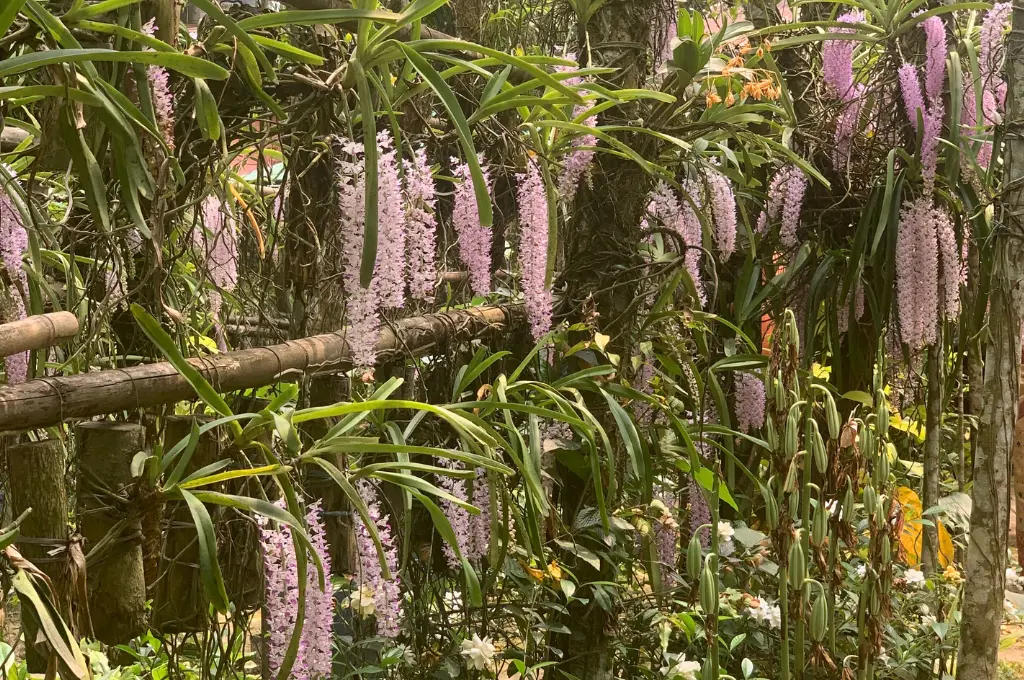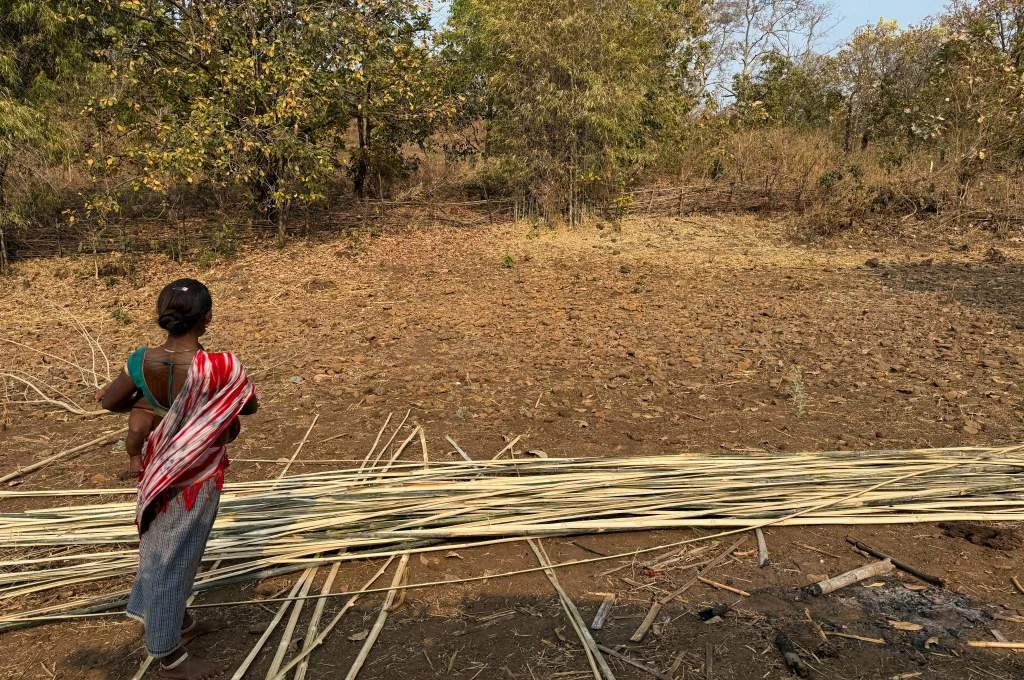READ THIS ARTICLE IN
Stick patrol
In southern Rajasthan, across the district of Udaipur, land that once lay barren is now protected and developed. Over the last 25 years, these common lands have been carefully converted into pasturelands by the villages around them.
Each village is responsible for a specific plot of pastureland. Every household contributes towards its maintenance and the benefits are also shared equally. To make sure that nobody encroaches on their land (other villagers or even wandering herds of cattle and goats), villagers from the village of Sultan ji ka Kherwara in Jhadol block have developed a unique strategy. There are 450 odd households in the village, so rather than paying a groundskeeper or a guard to watch over their land, the villagers decided that every day, a different household would send one member to keep watch.
They have also instituted an interesting system to keep track of whose turn it is to watch over the pasturelands. The first person to stand watch is given a stick to keep with themselves. Once their duty ends, they drop off the stick outside their neighbour’s doorstep, indicating that it is their turn to keep watch. In this way, the stick travels from house to house, notifying villagers when it is their turn to watch over the village’s commons.
Ayesha Marfatia was previously an editorial associate at India Development Review.
—
Know more: Read about why India needs a commons manifesto.



